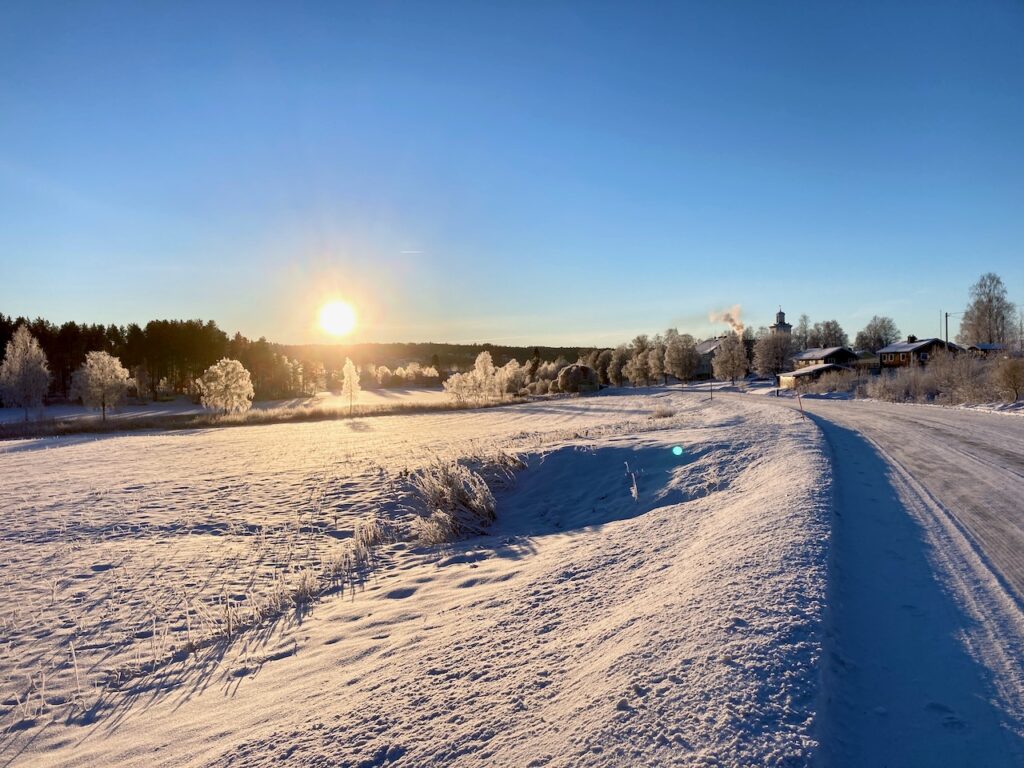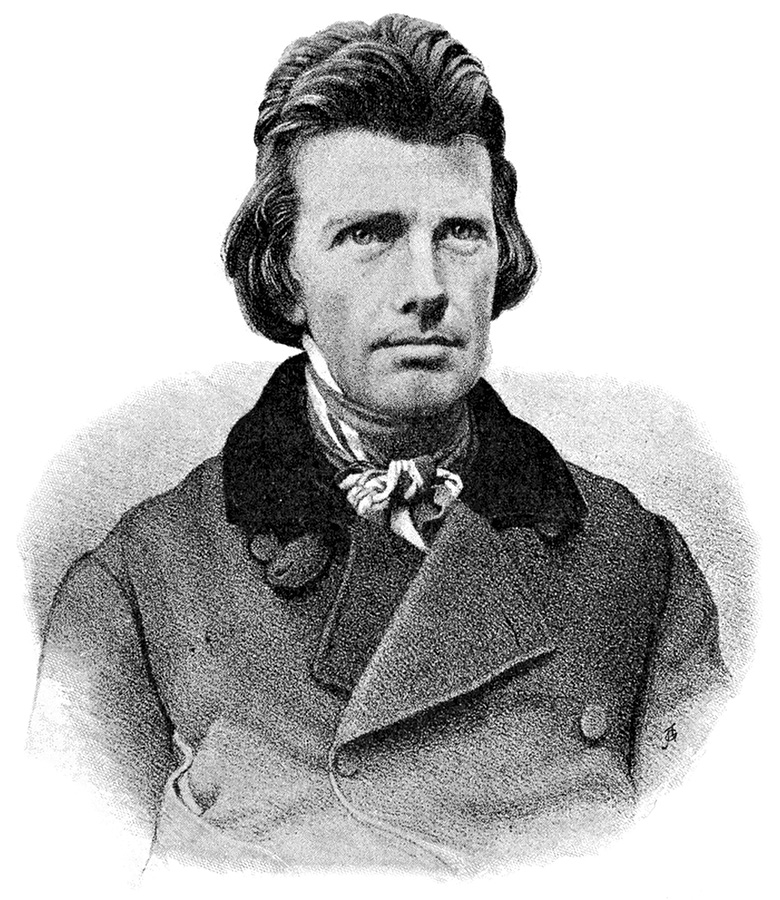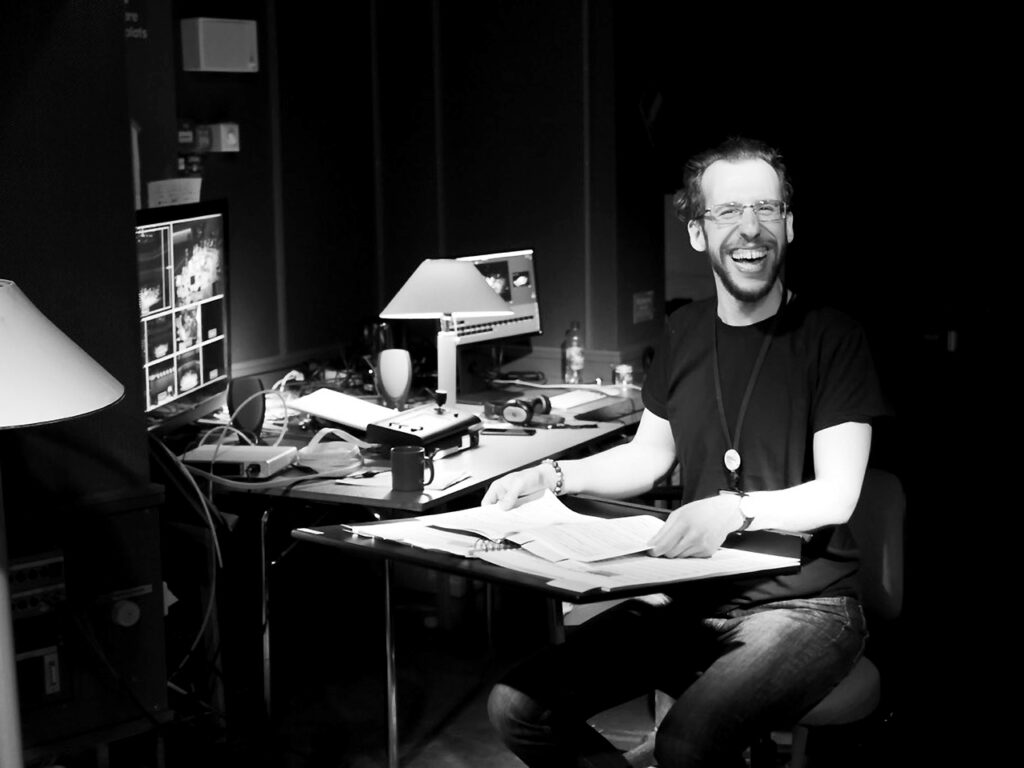This still relatively new year already appears to bring plenty of exciting new opportunities and experiences, and the year has only just gotten started! At the same time, I have made an informal promise to myself not to overexert myself or stress over things too much.
I am not one to make New Year’s resolutions. In fact, I don’t think I have since at least 2007, when I moved from Stockholm. To each their own, of course, but I personally have a hard time accepting the idea that new beginnings, fresh starts, need to be tied to arbitrary dates (that, by the way, correspond specifically to the Gregorian calendar). In fact, every second is new; every hour unknown; every sunrise offers a brand new day with a blank slate to fill.
That is one of the reasons why I don’t really believe in New Year’s resolutions, specifically. It seems to me an overly formalized manner of making constructive changes. One the one hand, I think that it risks burdening whatever you are trying to accomplish with too much weight, too much formality, inevitably making that task harder. Also, I have seen firsthand how it can be used as an excuse to hold off making these changes “until next week” or “until next year”. I’m sure you have, too. (And let me be perfectly clear in that I have made plenty of such excuses, myself, too.)
Far better to simply start making those changes right away. Start small, acknowledge every victory no matter how minor, and don’t give up.

One tremendously exciting event coming up in just under two weeks is a recital in Härnösand Cathedral, where I and the brilliant Lars G. Fredriksson will perform beautiful music by Antonín Dvořák, Gunnar Wennerberg, Gustaf Nordqvist and Otto Olsson. Save the date: Sunday Jan 30th at 6:00 pm.
While I think Dvořák needs no further introduction, the other three composers might not be familiar to you, if you live outside Sweden or Scandinavia, but they are all quite well-known over here; particularly Nordqvist and Olsson, who have among much else written some of our most beloved Christmas and Advent music.
The centrepiece of the upcoming recital is Antonín Dvořák’s beautiful song cycle Biblical Songs: ten settings of texts from the Book of Psalms. The entire work is only around 25 minutes, but each of the songs is packed with musical content, ingenious detail and narrative. The songs both work as self-contained little snapshots and as a narrative whole with a very satisfying dramatic curve.
One day, I hope I will have the opportunity to perform this song cycle with an orchestra. Dvořák wrote them first with piano accompaniment, and later orchestrated the first five (the latter were orchestrated by another). But both Lars and I agreed, when we rehearsed yesterday, that there is an orchestral texture in the piano writing that really shines in the full orchestral treatment.
Perhaps the today least remembered of the three Swedish composers is Wennerberg. He was an influential 19th century politician as in turn a governor, a cabinet minister, and at that a member of both the Royal Swedish Academy of Music and the Swedish Academy.
Wennerberg seems to have been a fairly progressive individual as well, promoting among other things the education of women, indigenous people as well as the deaf and mute during his tenures as Minister for Education. He also wrote a great deal of poetry and music. Among his most famous musical works are Gluntarne (“The Lads”), a series of short, humorous duets that depict the life of university students in 19th century Uppsala.

Last Friday, I also got some fantastic news: I will resume working as a score supervisor at Berwaldhallen after last year’s hiatus, with my first concert coming up in only a few weeks! Talk about a fantastic late Christmas (or early birthday) present. It is a job that I absolutely love, with colleagues that I adore, and that I look forward very much to getting back into. I worked as a score supervisor at Berwaldhallen for three straight years, starting in 2017 when they started doing livestreamed concerts.
Working as a score supervisor involves a lot of preparation, familiarizing yourself with the music to be played, looking through the scores for all the pieces performed, marking up important passages that should be captured on camera. Also, when recordings are available, I find it helps to listen to the music as well to internalize the music even further. (Although this can also make for nasty surprises if the conductor interprets the music in a drastically different way!)
When there are no immediately apparent musical entries to capture on camera, it comes down to understanding the overall musical texture well enough to be able to convey it as simply and clearly as possible to the camera operators and the video director.

In preparing the materials, I also think about possibilities to show things that happen more in the background of the music and that might otherwise get lost. For instance, a delightful little counterline in the woodwinds, or a brief but important percussion entry. To me, getting at least some of these on camera offers something that just listening to the music cannot: the opportunity to, subtly and (hopefully!) unobtrusively, teach the viewer/listener just a little more about the structure of the music.
In other words I, the score supervisor, describe to the video director and the camera operators what happens in the music, so that they know ahead of time what to show. However, this does not mean that I am in full control. It is very much a team effort, where I am a contributor (if an important one, if I do say so myself) and not a despot. The director might for instance already have a picture sequence planned out in their mind, or the camera operators might not be able to capture what I would like at that exact moment.
When the orchestra has its dress rehearsal, so do we. We prepare our respective materials, but we do not make detailed scripts or pre-timed cut orders – all of that happens live. It is kind of a performance in itself. This also counts for most of the pre-taped concerts, as those are also, with few exceptions, recorded in one take.
